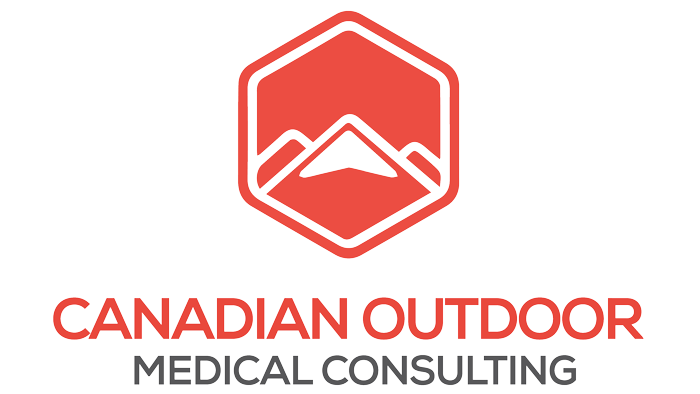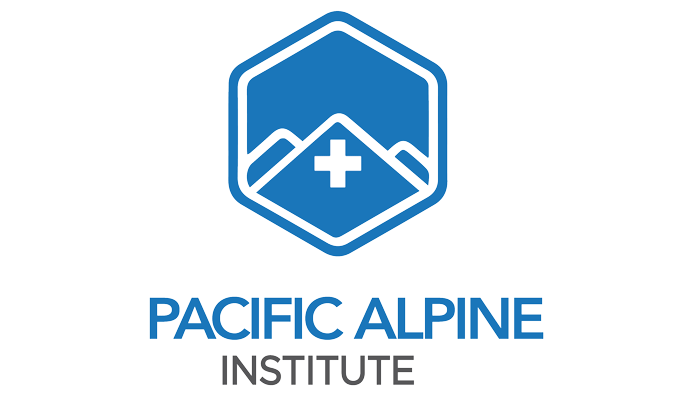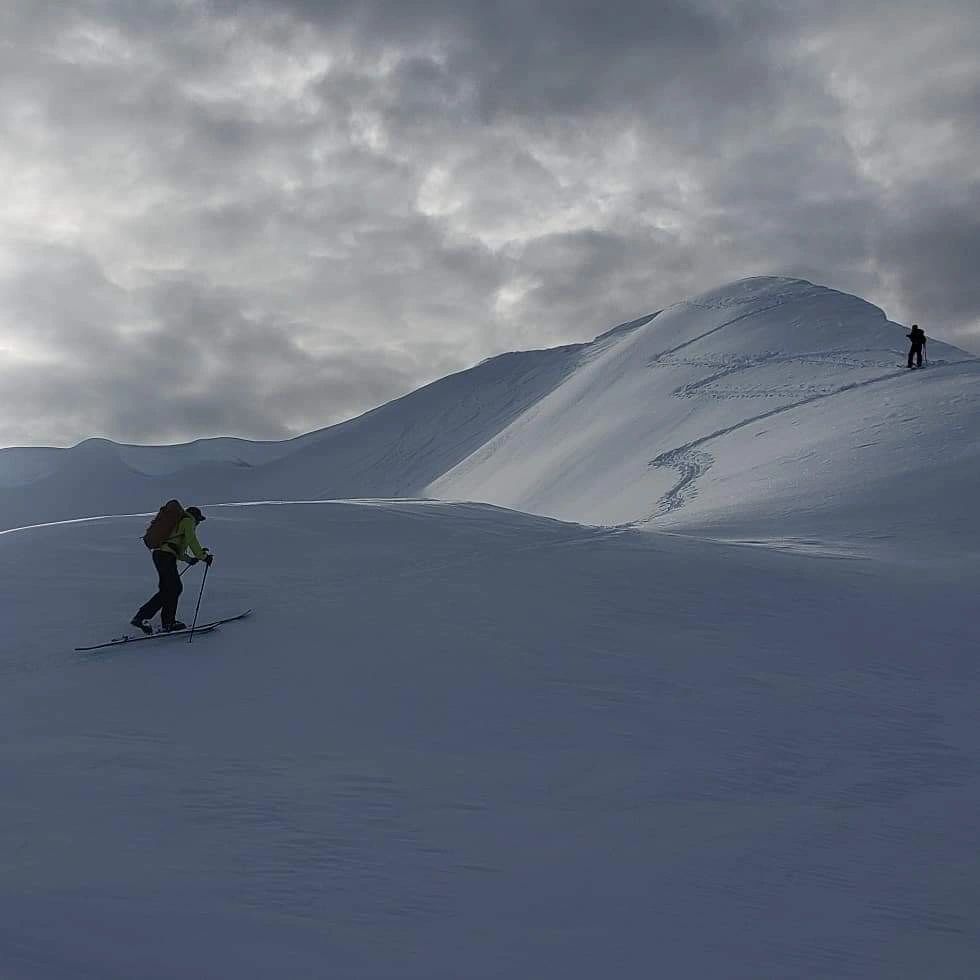ON RISK AND SOCIAL RESPONSIBILITY IN THE TIME OF A PANDEMIC
When faced with a challenge, I attempt to view it through the lens of risk management using skills that I learned as an outdoor education student some fifteen years ago, and honed by years of raft guiding, ski patrolling and playing outside. I am lucky enough to have spent time with good friends on some big expeditions, northern canoe trips, long ski traverses, and mountaineering missions both as a professional and as a recreationalist. In my current role as a paramedic working with critical care pediatric and neonatal transport in the Sea to Sky, as well as running a company that does wilderness first aid and risk management training, I also have found it helpful to take some of these lessons and apply them to my professional life. As most of us in the Sea to Sky are outdoor enthusiasts, perhaps we can view this current crisis through the lens of a backcountry expedition – here are 8 points that I respectfully submit could shape our response to these uncertain times.
1. Knowledge matters. Take the information available from the experts, and put it into context for yourself, but do not discount the professionals if information changes. Public Health officials are doing the best they can to provide us with good quality information, but one must realize that public health information is exactly the same as the CAA avalanche forecast. It is a best guess that the experts make based on the information available at the time. Whether it is this pandemic – and remember this is a novel infection for the human species- or another health issue, understand that there are many variables, and it does not negate the information from public health officials if it changes. It can, and should change, just as the CAA report does.
2. Personal Protective Equipment matters. Take time to educate yourself on proper PPE use, if you choose to use it. Just like a beacon, probe and shovel are useless without training, wearing PPE to deal with infectious disease is useless unless you know how to do it correctly. Specifically:
a) Gloves are meant to be single use, used for one dirty job, then removed. Wearing gloves throughout the day is actually higher risk than not wearing gloves and just washing your hands.
b) Wearing a homemade cloth mask, or surgical mask, does not protect you, but studies suggest that it can reduce transmission of disease to people around you, so it is probably a good idea if you choose to. Many Asian countries do this, with good effect, and it is now the law for all air travel in Canada (as of April 22, 2020).
c) An N95 or other respirator will protect you, but only if it is fits properly. Healthcare professionals are regularly fit tested, as there are many different sizes and shapes, and you must have practice in donning and doffing (putting on and taking off) to avoid infecting yourself. Do not wear one unless your job requires it and you are fit tested and properly trained.
3. Community matters. When deep in the back country, one is completely dependent on one’s expedition partners for survival. Perhaps we can approach this next chapter of life realizing how important it is to invest in those around us, and develop community where we live. I was not surprised, but somewhat disappointed, to see the push back against the public health authorities’ request for people to stay in their home community. The conversations on Facebook turned to localism, where a vocal minority of longtime locals felt that they could move about with impunity, and it was newcomers to the Sea to Sky or people from the city that were the problem. While there certainly is an issue with newcomers to the area not respecting those who have built their lives where the mountains meet the ocean, from a Public Health perspective it does not matter how long one has been in a place, what matters is that one does not move from one community to another. Perhaps we can re imagine what a local looks like with a focus on investment in community; on a big backcountry expedition, one is only worth what one brings to the team. Could I submit that a community health nurse or physician who moves to the Sea to Sky to serve the community full time is contributing far more to the community than someone who has owned a home here for 20 years, but does not give back, just show up to ski and party? Let us focus on where we live, and investing in those around us. Build local trails, drink local beer, buy local. Be a local!
4. Sustainability matters. If anything, this crisis has showed us how unsustainable our lifestyles are. From business to food, from medicine to recreation, we must do better at focusing on sustainability. We cannot count on endless cheap air travel and fuel to bring business and supplies to our towns. We cannot count on helicopters to take us to playgrounds and to take us to places to vacation. Some neighborhoods in the Sea to Sky are literal ghost towns, as vacation homes and AIR BNB properties sit vacant, and tourist based businesses are gutted. It has been inspiring to see local tourist businesses pivot to better serve the local community, and local breweries, bakeries, farms and guiding companies and pivot from serving tourists to serving locals.
5. Preparation matters. As anyone who has embarked on a big expedition knows, when the aircraft flies away or the boat leaves you on the shore, one is on their own with one’s gear and what one has prepared for. It is too late at that point to try to learn new skills. Let us take this opportunity as families and as a community to become more prepared. Not with stockpiles of toilet paper, but ensuring that food, water medications and the basics are on hand to make us more resilient and able to withstand interruptions in supply chain. Make sure that we have invested in training in first aid, basic mechanic skills, and skills around your house. There is a wealth of information available for free on the internet right now; avail yourself of that. It is inspiring to see people trying to grow their own food, repair rather than replace, and attempting to get back to learning basic skills so we can be more independent.
6.Resilience matters. On any expedition, things will go wrong. The weather changes, a crucial piece of gear breaks. You miss your line dropping into a steep chute and end up in a dangerous no fall situation. How do you respond? Fear, anger, panic? In a winter survival course I took while working as a flight medic in Northern Canada, we learned that a positive mindset and strong will to survive were the most likely predictors of a positive outcome in critical survival situations. In relation to this pandemic, I keep hearing people talking about ‘when things are back to normal’. But what if this is the new normal, if life never is the same? After all, normal wasn’t really working – unsustainable lifestyles, mountain towns turning into playgrounds with locals unable to afford to live there while ghost neighborhoods of mansions sit empty. Can we as families, businesses, and communities pivot to adapt to a new normal- and find beauty and satisfaction in that? Our neighbors to the south of us are taking to government buildings with weapons and demanding a return to their normal – but can we be resilient enough to adapt if the old normal is not attainable?
7.Risk management when recreating outside matters now more than ever – but it is different for everyone based on skill set and knowledge. Risk management is about understanding all the variables and making decisions accordingly. Obey the direction of local authorities, and understand that search and rescue professionals in the Sea to Sky are very highly-trained, but it is not their mandate to deal with infectious disease patients, and we should ensure that we are not putting them at risk. Paramedics and other healthcare workers are also working in full PPE, making the job more cumbersome, stressful and basic tasks take longer. Massage, chiro and physio are not available for to help musculoskeletal issues, and elective orthopedic surgeries are delayed, although that situation is improving with the current flattening of the curve here in BC. However, Facebook has been ablaze with conversations about what is appropriate when it comes to outdoor recreation, and social justice keyboard warriors who desire to police the behavior of others start flame wars. It is important that we don’t ‘follow tracks’ and decide that because somebody else has made a decision, it is appropriate for us; but by the same token, we should not try to police the behavior of others.
8. Finally, be kind to those around you. As anyone who has spent time on a long expedition knows, one of the most crucial aspects you look for in a team member is the ability to be a team player and to solve problems in collaboration with others. The most highly qualified person who does not get along with others can be an extremely challenging team member. And if you have ever been stormbound in a small tent for days on end, you know first hand how the small traits of your team members can wear on you – realize that many families may be struggling with the forced close proximity. Let us approach the next chapter of our collective history with greater awareness, availing ourselves of knowledge, preparing, investing in our local communities, living sustainably, and most of all, being kind to each other.
Thoughts? Comments? We would love to connect with you. Please connect with us: info@canadianoutdoormed.com
Matthew Smith is a Critical Care Paramedic, ski patroller and educator teaching in paramedic and outdoor education programs and is based in Squamish.









